The Phony No-Satan Dogma, Part 1, with Clifton Emahiser
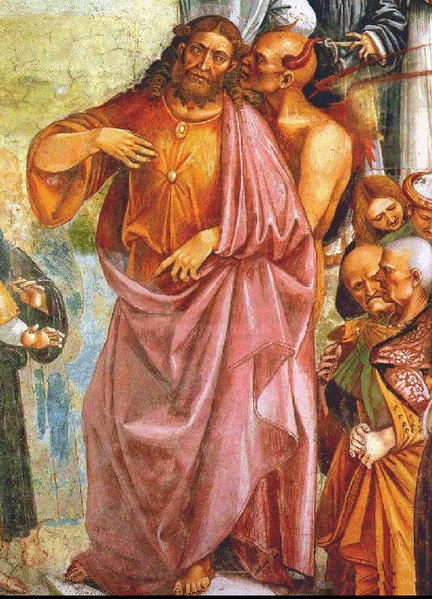
Clifton Emahiser joins William Finck to discuss a series of essays addressing those who would claim that there is no such an entity as Satan.
Clifton's original series, found at his website, was written in late 2006 and through 2007.

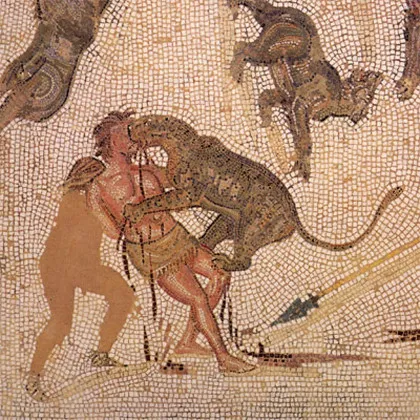
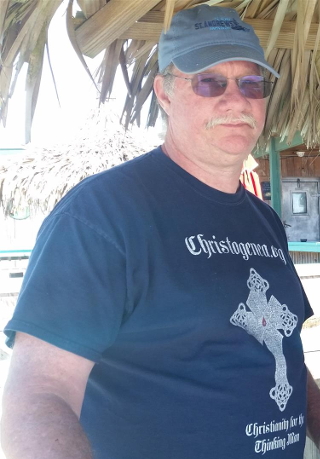 Sven Longshanks Interviews William Finck, for Radio Aryan, Monday, December 18th 2017. This was a rather impromptu introductory interview I had been promising Sven for months, and he finally cornered me.
Sven Longshanks Interviews William Finck, for Radio Aryan, Monday, December 18th 2017. This was a rather impromptu introductory interview I had been promising Sven for months, and he finally cornered me.
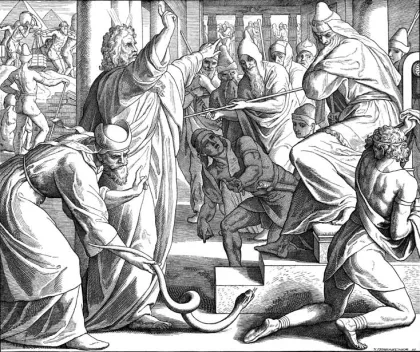 Aside from the first three presentations of this epistle, perhaps last Saturday’s program,
Aside from the first three presentations of this epistle, perhaps last Saturday’s program, 
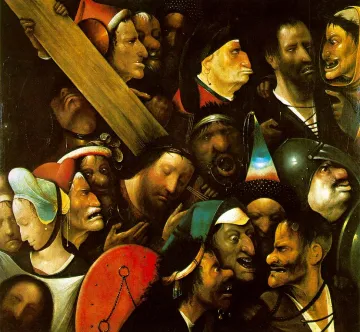 Special Notices to All Who Deny Two-Seedline, Part 24
Special Notices to All Who Deny Two-Seedline, Part 24
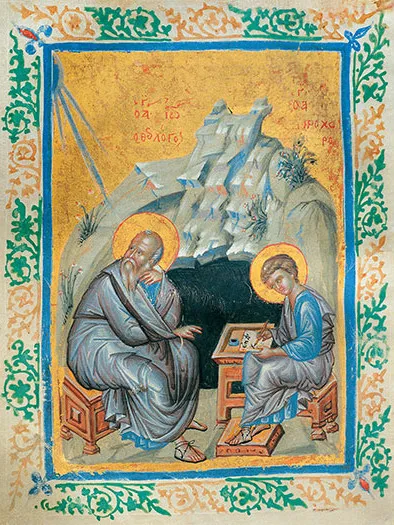
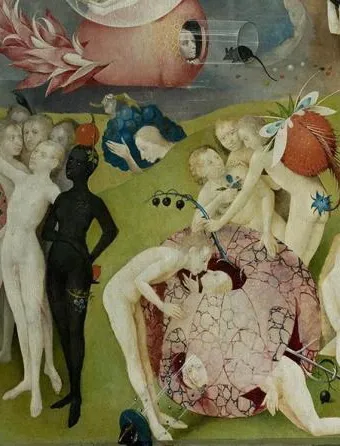

 Paul's Second Epistle to Timothy, Part 3: Rightly Dividing the Word of Truth
Paul's Second Epistle to Timothy, Part 3: Rightly Dividing the Word of Truth




 Please click here for our mailing list sign-up page.
Please click here for our mailing list sign-up page.








Recent comments